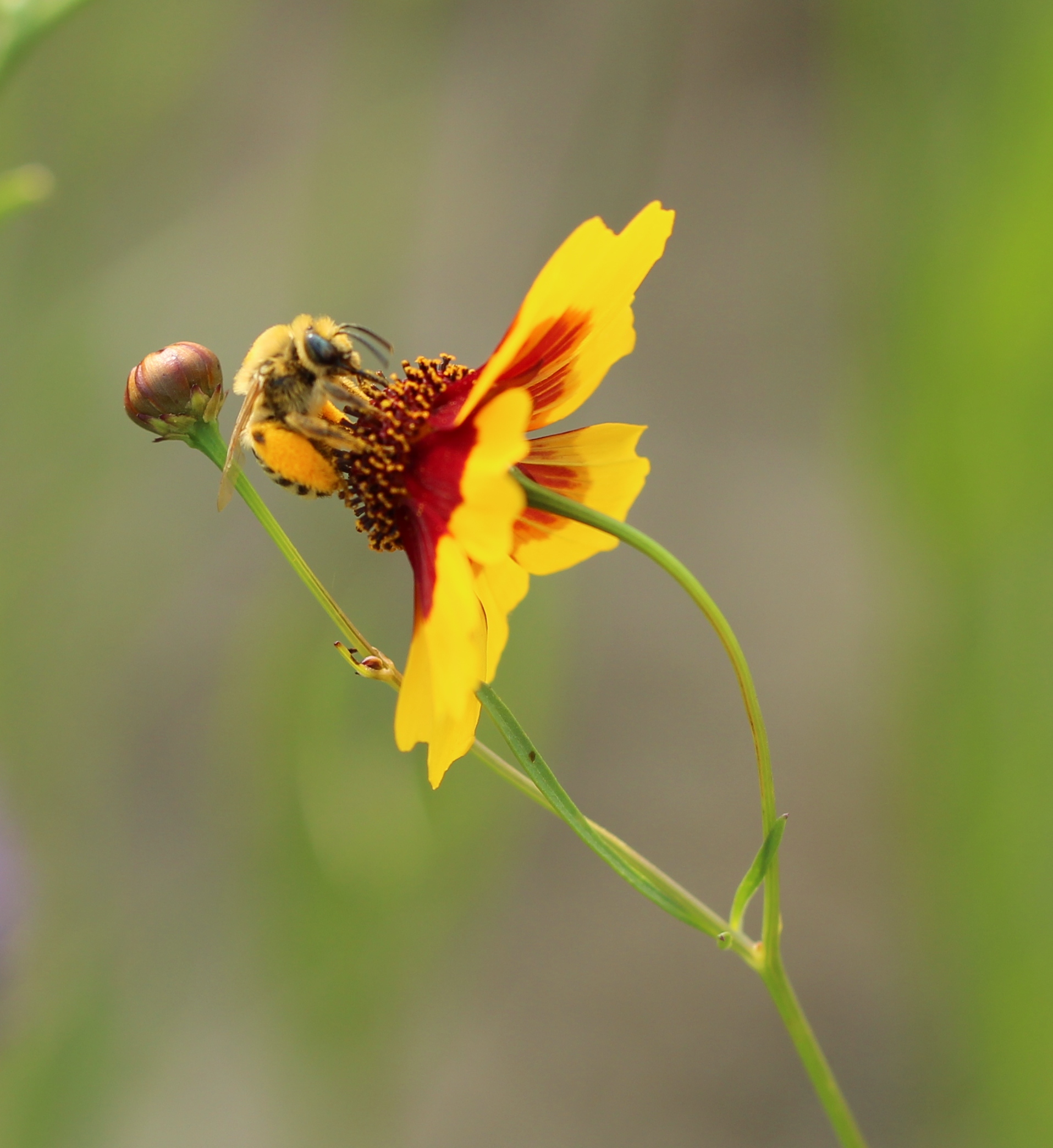What does it take to create lasting pollinator habitat in agriculture? A new article in the Journal of Ecology published the same day Bee Better Certified was launched highlights incentive programs as a way to reward farmers for their pollinator conservation efforts and help them re-invest in those efforts over time.
Incentive programs, like Bee Better Certified, are particularly important because they encourage and support farmers in their efforts to invest in habitat–which can be costly to install and maintain over time. Currently, one of the only ways to get financial assistance with targeted on-farm pollinator conservation is through farm-bill funded conservation programs administered by the Natural Resources Conservation Service (NRCS). Some food companies are working with Bee Better to help their supply farms create habitat that meets the Bee Better standards. This assists growers who otherwise may be unable to afford habitat plantings. In these cases, the farmers, pollinators and companies all win.
A major goal of Bee Better certification is to provide a new way for farmers to differentiate themselves and market themselves to their customers, CSA members, or the companies they supply. The Bee Better seal demonstrates that the farm is committed to pollinator conservation by engaging in the gold standard for on-farm pollinator protection. As Bee Better expands, the public will increasingly recognize the value of the Bee Better seal–what it means for both pollinators and long-term food security–helping Bee Better certified products achieve price premiums.
Consumers are hungry for a way to support bees. As the first 3rd party verified certification program focused on pollinators, Bee Better Certified allows consumers to directly support on-farm pollinator conservation. Bee Better Certified fills a critical gap in the marketplace while helping growers to improve the sustainability of our food system.

